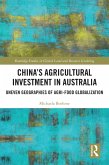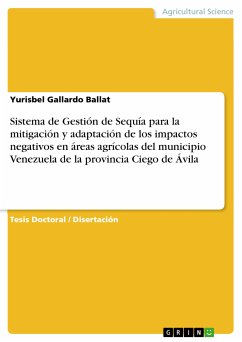Bachelor Thesis from the year 2011 in the subject Agrarian Studies, grade: 1,0, University of Florence (Facoltà di Agraria), course: Agricoltura e Sviluppo Economico, language: Italian, abstract: This bachelor thesis discusses the recent land grabbing phenomenon in the less developed countries. This study seeks to provide a first overview of the phenomenon, analyzing the problems and opportunities and intuducing some significant case studies. The search for information is made via internet, based primarily on the websites of the United Nations (in particular of the FAO) and those of some NGOs (eg GRAIN) which are dealing with the phenomenon. The first part of the thesis places the phenomenon within a global context, beginning with the introduction of the term "land grabbing" and an overview of its spread. Also the causes of the origin of the phenomenon and the possible consequences are discussed. The second part is intended as an analysis of the problems that follow the land grab. The main points of concern analyzed are the unequal bargaining power between the various actors, mainly the relationship between the host country, investors and local people. The third part presents three case studies, each featuring a different kind of actor. Madagascar was chosen as host country, the Gulf countries and China represent the investor countries. In this chapter the causes that lead these countries in the search of cultivable lands beyond their borders as well as ongoing investments abroad will be discussed. The final chapter will focus on possible solutions to stem the theft of land, to ensure that relations between host countries and investors are well balanced and that everyone involved can benefit from investments in farmland abroad.
Dieser Download kann aus rechtlichen Gründen nur mit Rechnungsadresse in A, B, BG, CY, CZ, D, DK, EW, E, FIN, F, GR, HR, H, IRL, I, LT, L, LR, M, NL, PL, P, R, S, SLO, SK ausgeliefert werden.









